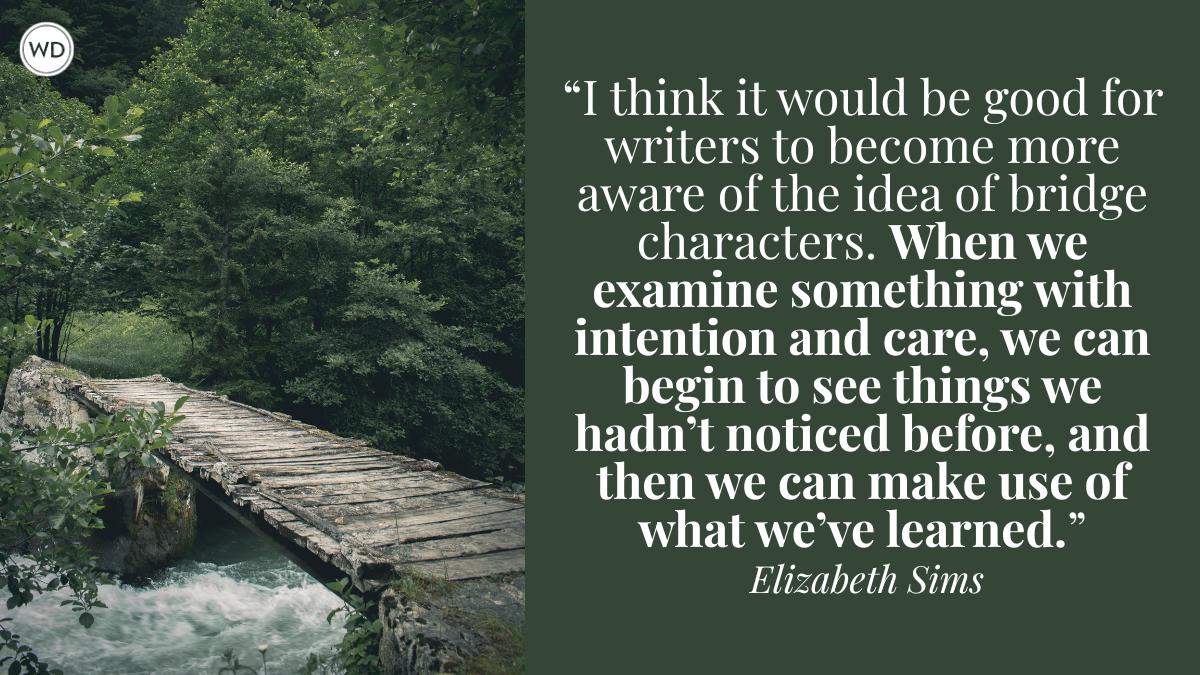A Way to Write Science Fiction About Climate Change
Author Tim Chawaga shares a way to write science fiction about climate change by looking at his debut novel Salvagia.
There is a (partially self-imposed) expectation put upon the near-future science fiction writer, whose purview includes the climate conditions of this planet, they should really find some way to be useful. That they should conjure up some theoretical but realistic invention that will, on a planetary scale and in less than 300 pages, solve the Problem, i.e., the damage caused by climate change.
The informed sci-fi writer, however, is already skeptical that technology alone can save us, or more specifically that their brilliant technology ideas will be used for the purpose of saving us. Today’s grandest environmental tech proposals, like atmospheric aerosol sprays, carbon capture devices and credits, feel more like the downstream of a Ponzi scheme than a meaningfully scalable solution. And anything that science fiction has dreamt up that has been deemed worthy of churning out has often begun as a Torment Nexus.
So after rejecting usefulness, the benevolent sci-fi writer can turn to truth. Against a willfully misleading media landscape, it is an act of courage to simply say: Climate change is occurring, it will get worse before it has a chance of getting better, we will see rising seas, increasing frequency and intensity of natural disasters, the mass migrations of people. The individual’s ability to prevent it is extremely limited, approaching the brink of powerlessness.
This, however, is a downer. And downers are difficult to sell, in a marketplace of mostly downers.
What next? The frustrated but undeterred sci-fi writer could sidestep the climate issue entirely, declare that the environment was fixed, through magic bullet or magic collective action, as neatly and un-controversially as Palpatine returning, and jump straight into a prosperous post-scarcity future.
It is tempting. Escapism is necessary, in the battle to better the world.
But escapism written specifically to avoid the current moment does not satisfy the windmill-tilting urges of the honorable sci-fi writer, who knows that the greatest works of their genre, no matter when they are set, are fundamentally about the current moment.
So if science fiction can’t save us, what exactly is the point of it?
Two possibilities: To make the future look like something worth saving, and to offer some rough blueprint for how you, the reader, might save yourself.
Both are best accomplished not through Torment Nexus 2 (or even 3, the first Nexus brave enough to get rid of the headphone jack), but with characters, those fiction fundamentals, experiencing change, the arguably more operative word in climate change.
Take Travis McGee, one of the greatest mystery characters of all time, and the inspiration for my sci-fi mystery novel, Salvagia.
Created by John D. MacDonald in the mid-1960s, Travis McGee is a Florida beach bum and a “salvage expert,” though his definition of “salvage” often means things that have been stolen and can only be recovered by him, extra-legally. He lives in Ft. Lauderdale during an earlier time of great disruption, the post-war Florida development boom. Scams and pyramid schemes and crooks flood in and pave paradise. Travis himself can rarely do more than retrieve a small portion of what his clients have lost, usually at great personal cost. He mourns the human devastation of the natural world, the great greedy insatiable hunger of this country, of capitalism, and in particular of Florida.
I was inspired by these books to write science fiction for several reasons. He explores and describes the byzantine structures of corrupt land deals and high rise schemes with extreme detail, and to create speculative versions of these schemes was an absolute joy, like figuring out how to build a LEGO Death Star out of a couple of LEGO pirate ship sets.
But primarily, while they are hard, they are not quite hopeless enough to be hard-boiled. Travis has deep bench of interesting, long-term friends. His adventures allow him enough capital to take his retirement in lengthy, leisurely chunks aboard his boat, drink in hand.
It's a blueprint, in other words, for how to live in strange, overwhelming circumstances, and a suggestion for what you might consider living for. The best science fiction should do the same.
Salvagia takes place on the cusp of a new Florida development boom, a century into the flooded future. There are spaceships and some semi-smart artificial intelligences. Extreme weather is common. All waterfront property must be rebuilt, and there is little federal or state enforcement. There will be (already are), inevitably, a lot of pyramid schemes, theft, murders, and shoddy housing.
The people who are drawn to this area are dreamers and outcasts, con artists and salvage divers. Like Travis, and like us, they mourn the devastation of the natural world, the oppression of large, uncaring organizations, and their relative powerlessness against the tide of change. What has been lost since our present can only be partially recovered. And to build something new or steal back some amount of agency will be treacherous.
But in the course of their efforts they will find themselves, at the end of long hard days, on the decks of each others’ boats, drinks in hand, tinkering with their own benign, DIY Torment Nexuses. Making each other laugh in breezy coastal Florida, and watching that famous pink sunset.
Maybe it’s a little pinker now, from something funny in those aerosols. Maybe they’ll have some idea of what to do about it.
Or not. For now.
Check out Tim Chawaga's Salvagia here:
(WD uses affiliate links)









